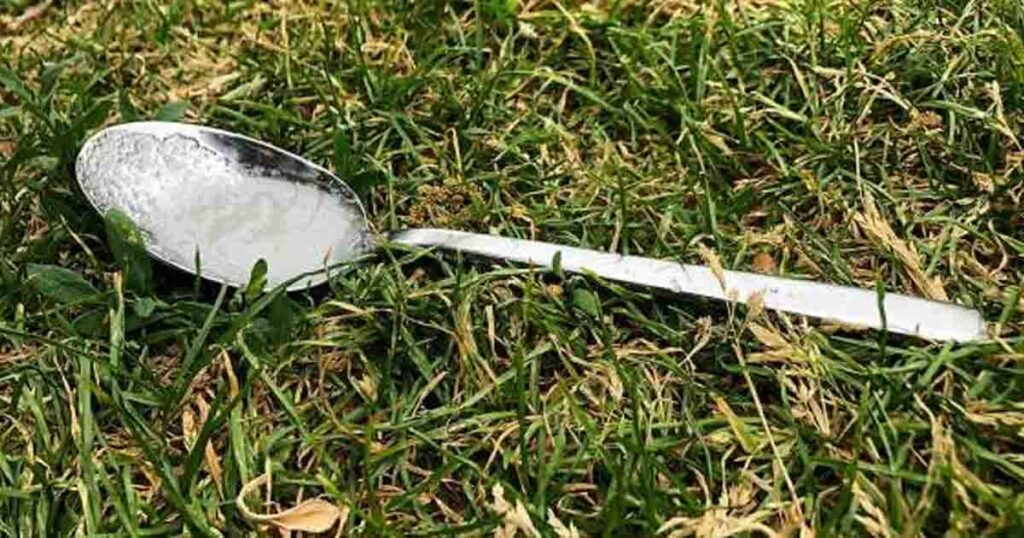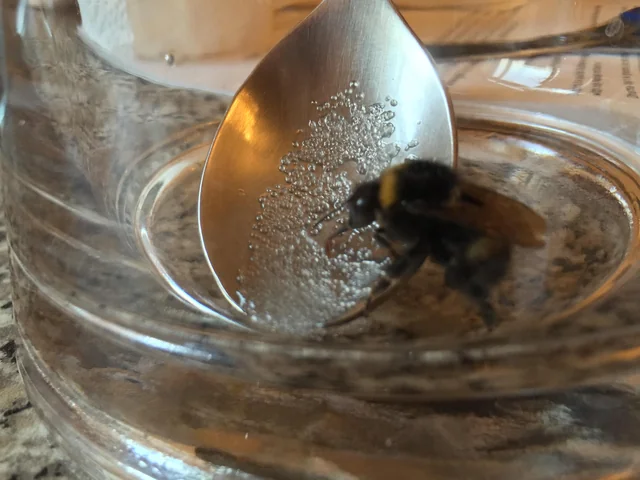If you find a spoon with sugar in your yard it’s important to understand what it means
In a world brimming with fears, from towering heights to the creepy crawl of spiders, one phobia doesn’t often make headlines but has a profound story behind it: the fear of bees.
This story isn’t just about the fear itself but about the journey of understanding and respect that can emerge from it.
Imagine being so terrified of bees that the mere thought of their buzz sends you into a panic. This was the reality for one individual who, as a child, wished they could magically make all bees disappear. However, as they grew older, their perspective shifted dramatically, thanks in part to a deeper understanding of the crucial role bees play in our ecosystem.

Bees are not just part of the natural tapestry that colors our world; they are central figures in the story of our survival. According to the United Nations Environment Programme, bees are responsible for pollinating 71 out of the 100 crop varieties that provide 90% of the world’s food. This fact alone illuminates the catastrophic consequences that would follow if bees were to vanish from our planet.
Despite their indispensable role, bees face significant threats, with as many as 40% of bee species at risk of extinction, as highlighted by the Center for Biological Diversity. This alarming statistic underscores the urgent need for action to safeguard these vital pollinators.
The good news is that helping bees isn’t as complicated as one might think. Renowned biologist and conservationist David Attenborough suggests a simple yet effective way to aid these tiny warriors: a spoonful of sugary water placed in your backyard can revive an exhausted bee, giving it the energy it needs to continue its vital work.

Moreover, there are additional steps everyone can take to support the bee population. Planting flowers on your balcony or allowing a section of your yard to become a wildflower haven can make a significant difference. These small acts of kindness not only aid bees in their quest for nectar but also contribute to the health of our local ecosystems.
This story, woven from a personal phobia to a global call to action, serves as a reminder of the interconnectedness of all life. It teaches us that even those with the smallest voices—like the buzzing of a bee—carry messages of immense importance.
So, the next time you see someone laying out a spoonful of sugar, know that they’re playing a part in a much larger story, one where fear transforms into respect and action for the betterment of our world.





